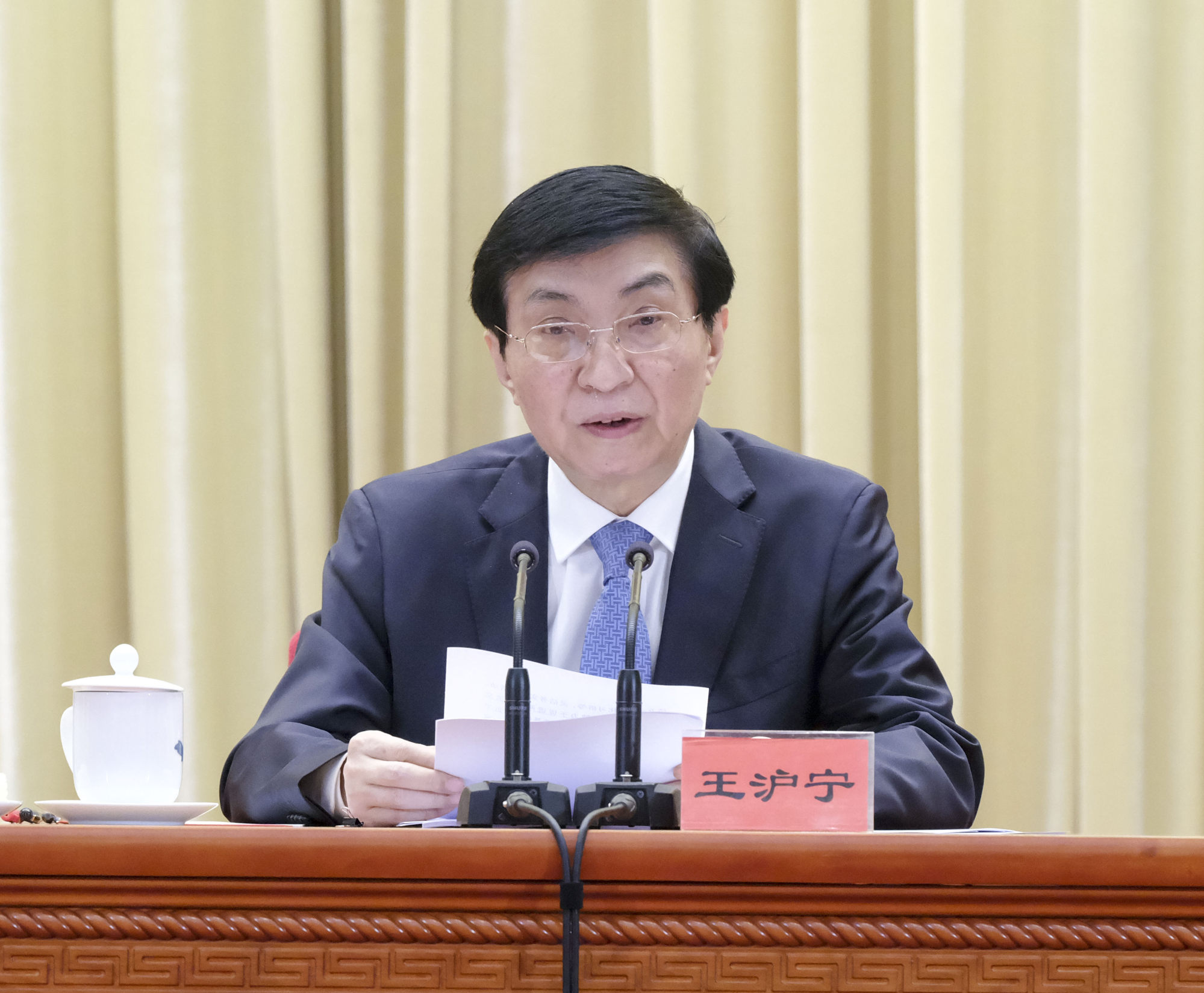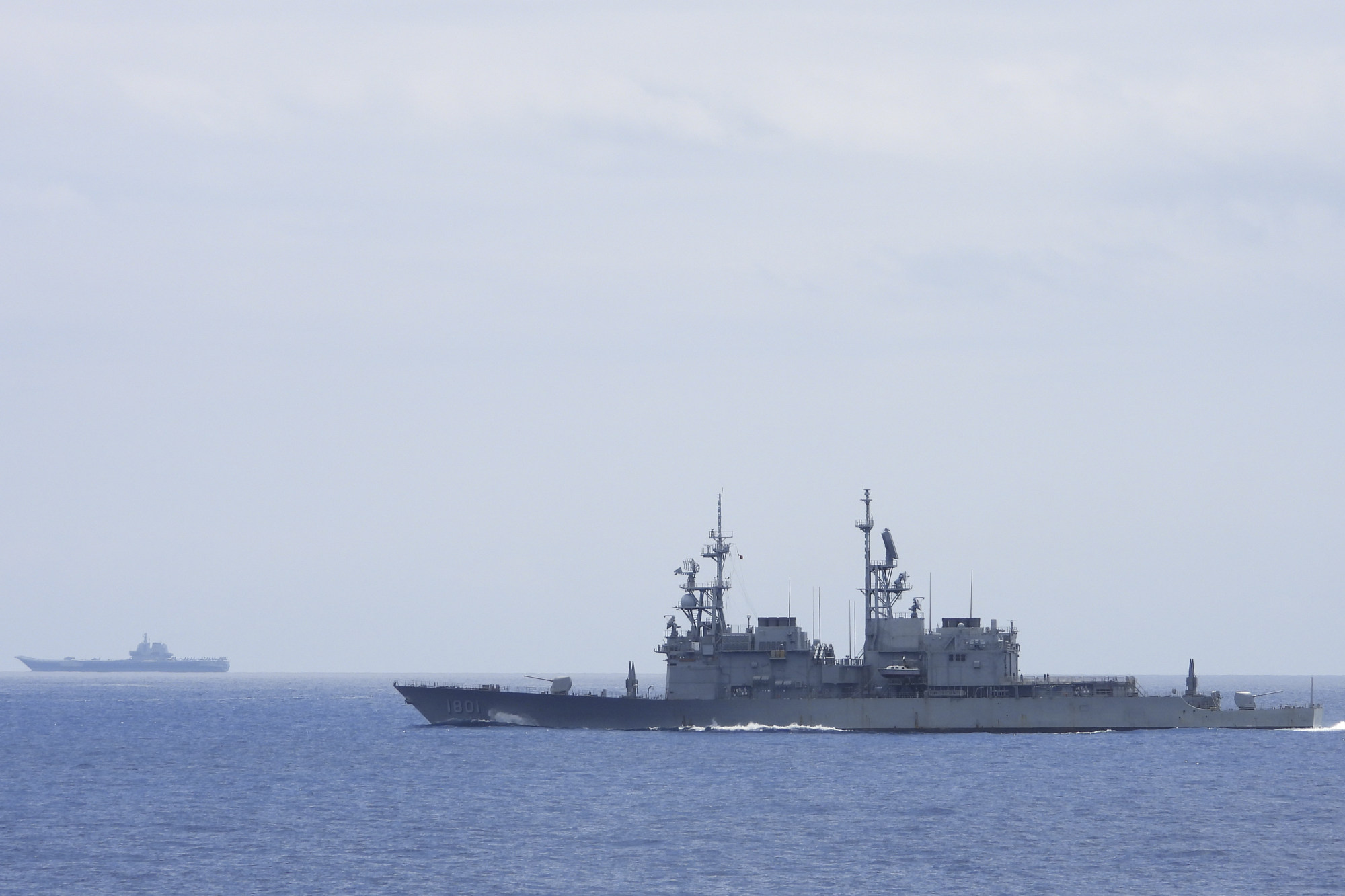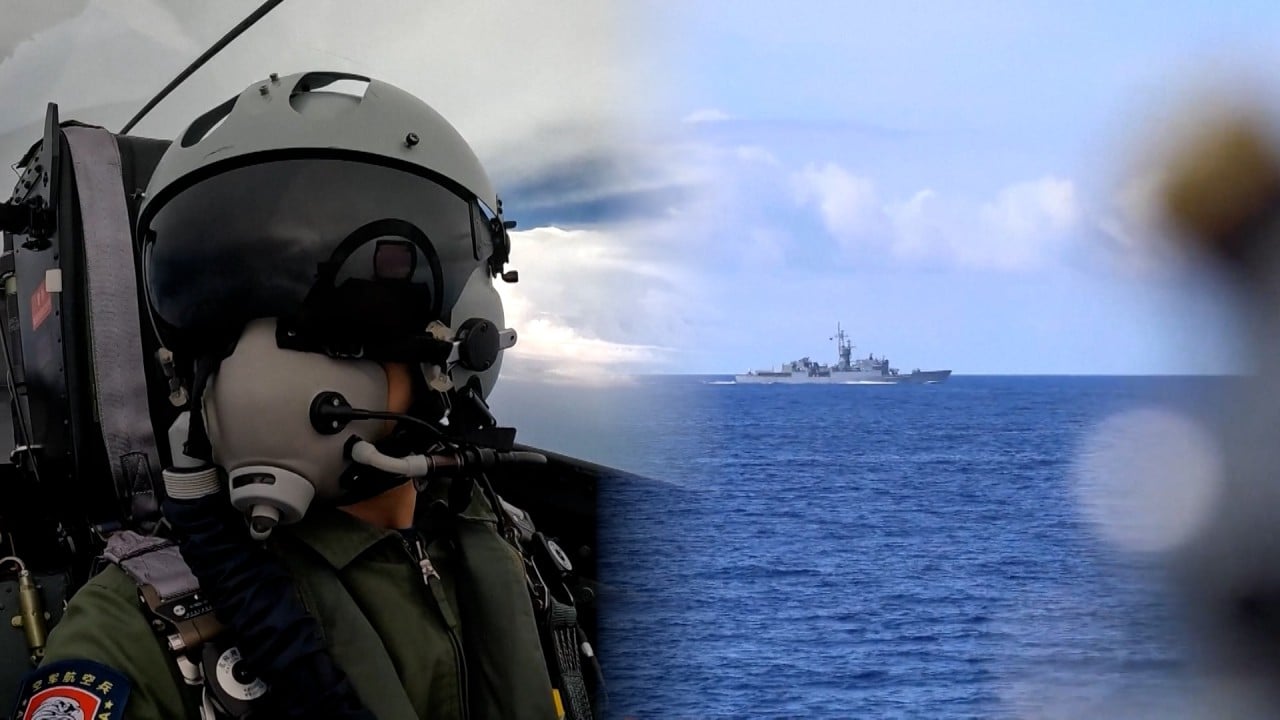
When Xi and Biden talk at Apec, managing Taiwan will top the agenda
- Washington and Beijing share an interest in easing tensions and maintaining peace and stability across the Taiwan Strait
- Yet the Chinese president’s recent statements ‘don’t imply he’s content with the status quo’, an analyst says
When China President Xi Jinping and US President Biden sit down in San Francisco in two weeks, among the most contentious issues on the agenda is likely to be the increasingly perilous situation in Taiwan, analysts and former US officials said on Thursday.
“The challenge for the [US] president going into the meetings in San Francisco is going to be this: if you look carefully at what the Chinese say about Biden and about his Taiwan policy, they don’t doubt his intentions,” said Rick Waters, managing director of Eurasia Group’s China practice and, until recently, the State Department’s deputy assistant secretary for China and Taiwan.
“They doubt his ability to affect them on Congress or on his own party or to make them transferable to whatever happens in November of 2024” when the US holds its next presidential election.

In addition to US and Taiwanese elections next year, other risky variables include an often inflammatory US Congress; the potential for an unanticipated collision of ships or fighter jets in the area around Taiwan; and possible moves by Taipei or Beijing to verbally or militarily shift the status quo, analysts said at a conference in New York sponsored by the China Project.
Washington and Beijing both have a major interest in easing tensions, analysts said. The US has tried to convey that, most recently with a statement by Laura Rosenberger, head of the American Institute in Taiwan, Washington’s de facto embassy, that the US does not support Taiwan independence.
But risks are mounting as the three governments grapple with their respective domestic pressure groups, each worried that one of the other two could move first, creating a classic security dilemma.
China’s major PLA overhaul has one goal in mind – Taiwan
“And so they take actions that continue to gin us all up, wind us up, rather than reinforce” the current state of affairs, said Amy Celico, a former senior official at the Commerce Department and the US Trade Representative office responsible for China policy.
“Every side of that triangle can point to actions by another side of the triangle that are undermining the security and the status quo. And I think that will be a difficult dynamic to turn off,” added Celico, now a principal at the Albright Stonebridge Group.
Beijing considers Taiwan part of its territory and has vowed to bring it under its control – by force if necessary. Most countries, including the United States, do not recognise the self-governing island as an independent state.
Former US officials said there’s little that Xi or Biden can convey privately in California that will resolve the other side’s entrenched doubts. Even as Beijing sees danger in what it sees as Washington’s shifting Taiwan policy, Washington is unsettled by any Xi timeline for launching an attack on Taiwan, they said.
Xi’s party speeches and signalling are clear and “things we have to take seriously”, Waters said.
“And they don’t imply he’s content with the status quo.”
This places a premium on US deterrence, Waters added, even though Xi is unlikely to order an invasion any time soon given China’s many domestic problems, including its swooning economy.
Analysts see Beijing moving on several fronts.
Beijing has also ramped up tax and land-use inspections of Taiwan-owned Foxxcon’s operations in mainland China.

“Beijing is adopting a carrot-and-stick approach vis-à-vis Taiwan to drive the DPP from office in the short term and pursue peaceful reunification with Taiwan in the long term,” said Naiyu Kuo, a China and northeast Asia consultant with Eurasia Group.
“This is evident in the Fujian document, Wang Huning’s appointment, news of the investigation into Foxconn’s operations on the mainland, and increasing military coercion against Taiwan – despite the absence of provocative political events in Taiwan in the past few months.”
Biden has on four occasions said the US would defend Taiwan in the event of an attack by China, breaking with Washington’s official “strategic ambiguity” policy not to confirm or deny it would respond militarily.
But this is less inflammatory than it might seem, Waters said, given that Chinese military planners already assume the Pentagon would counter a Chinese attack.

As other nations and regions realise the stakes, they have taken part in US-led “freedom of navigation” voyages in the South China Sea and signed on to Group of 7 statements expressing their concern.
“You’re seeing it more and more the case that countries will speak out about their interests in peace and stability,” Waters said. “The diplomatic deterrence, the military deterrence, and then the reassurances and private channels – those are the three key pieces of an overall deterrence framework.”


